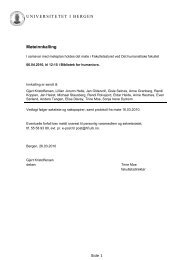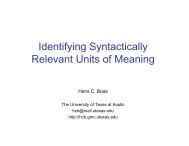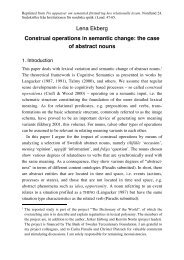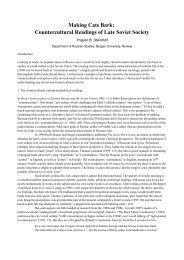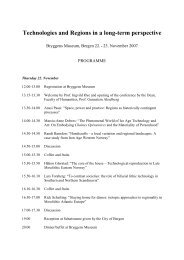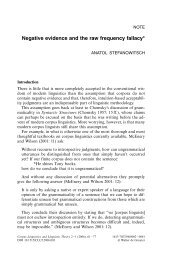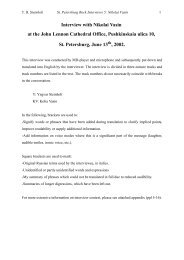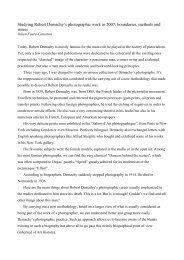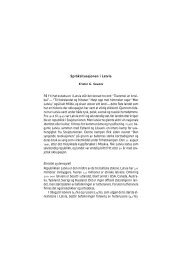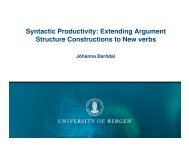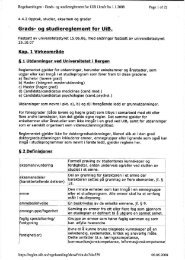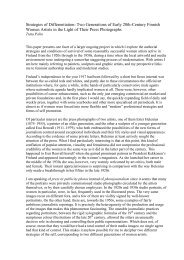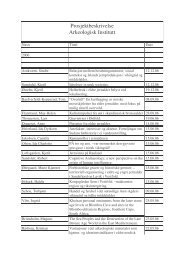THE BOOK OF POEMS IN TWENTIETH-CENTURY ... - TopReferat
THE BOOK OF POEMS IN TWENTIETH-CENTURY ... - TopReferat
THE BOOK OF POEMS IN TWENTIETH-CENTURY ... - TopReferat
Create successful ePaper yourself
Turn your PDF publications into a flip-book with our unique Google optimized e-Paper software.
This sense of cyclical entrapment is broken, however, in "Вариация." Unlike the<br />
circular "Эпизод," "Вариация" ends with a sense of openness and outward movement.<br />
The lyric persona is not returned to the physical world after the spiritual separation, but<br />
continues to move further into the ephemeral realm. His world is ever-widening—he<br />
steps into the second circle of waves, anticipating a third and a fourth. While aware of<br />
the earthly world (the measured cadence of his porch-swing), it reaches him from far<br />
away (оттуда).<br />
In the 1927 edition of Путем зерна, Khodasevich reinforces this hopeful<br />
development with a seemingly small revision to "Эпизод," the deletion of line 69 (И<br />
маску Пушкина, и снова за окном). As a result the final stanza begins:<br />
Увидел я перед собою книги,<br />
Услышал голоса.<br />
Снова<br />
By excising the specific details of Pushkin’s death mask and the window (first mentioned<br />
in the fifteenth and seventeenth lines of the poem), Khodasevich lessens the degree of<br />
sameness between the lyric hero’s surroundings before and after the episode. Eliminating<br />
one of the persistent uses of "снова" also weakens the first editions’ stress on entrapment<br />
and futility.<br />
In all three editions of Путем Зерна “Сны” is followed by several poems which deal explicitly with death.<br />
The lyric persona envisions his own body laid out in state ("О, если б в этот час желанного покоя") as<br />
well as the bodies of others ("В Петровском парке," "Смоленский рынок"). He tells young girls<br />
("Милые девушки, верьте или не верьте…") and even death itself ("На ходу") how close he is to dying.<br />
"Эпизод," for all of its resonance with "Сны," appears to mark a turn toward a new, more hopeful pattern.<br />
The experience of separation is complete and ecstatic in "Эпизод," whereas the escape into dream is<br />
limited and tarnished in "Сны."<br />
50



